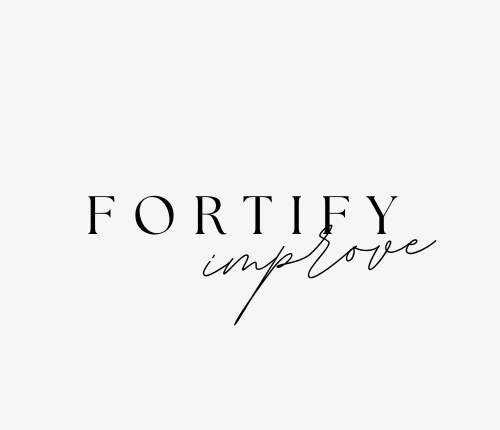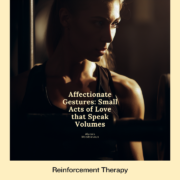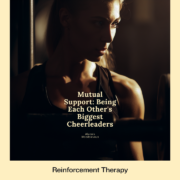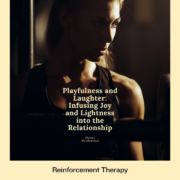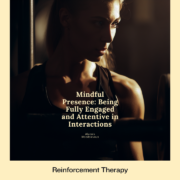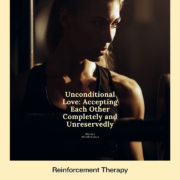In the realm of Reinforcement Therapy, affectionate gestures act as powerful tools for building and strengthening the romance between partners. These gestures, expressed through voice and touch, hold the ability to evoke excitement and a deep sense of belonging within the receiving partner. Reinforcement Therapy sessions teach both partners in what ways their affectionate gestures can build the romance and serve as tangible proof of the progress made toward their shared goals.
Throughout the Reinforcement Therapy journey, partners learn the significance of affectionate gestures in nurturing the connection between them. They understand that it’s not just grand gestures but the small acts of love that can have a profound impact on their relationship. Affectionate gestures become a language of their own, communicating love, appreciation, and desire.
The use of voice as an affectionate gesture allows partners to express their emotions and desires verbally. A gentle whisper of “I love you” or words of affirmation spoken sincerely can create a sense of warmth and security. It shows the receiving partner that they are valued, cherished, and desired.
In the context of Reinforcement Therapy, partners learn to utilize these affectionate gestures in ways that build the romance and serve as milestones of progress. As they work toward their shared goals, they recognize that expressing love and desire is not limited to the therapy sessions themselves but should extend into their everyday lives.
By incorporating affectionate gestures into their daily interactions, partners provide tangible proof that the Reinforcement Therapy sessions have made an impact. Each affectionate gesture becomes a testament to the progress made, serving as a reminder of their commitment to the relationship and their shared vision.
These gestures serve to strengthen the romance by creating a sense of anticipation and excitement between partners. They keep the flame of passion alive and contribute to a deep sense of belonging and fulfillment. Affectionate gestures become a continuous reminder that they are both loved and desired, fostering a strong bond of intimacy and connection.
